|
which makes them more annoying. These things won't make your problems go away, but they will increase your ability to have a fulfilling, growth-oriented life... As a therapist in Oakland, CA, I am often asked what changes are needed to improve general mental health. Many are simple and easy and I often get a big fat 🙄. But the truth is most of us don't consistently stick with the routines we need to take care of ourselves for long enough to actually slowly notice results. Just because these practices are easy and accessible to most, does not mean they are ineffective. See below for what the research has found... Gratitude Journaling 🙄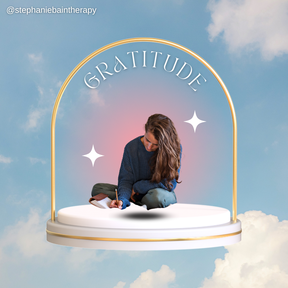 Regular gratitude practices like gratitude journaling have been demonstrated to:
So says: UC Berkeley, Harvard, University of Southern California Ways to easily include a gratitude practice into your daily life:
Movement 🙄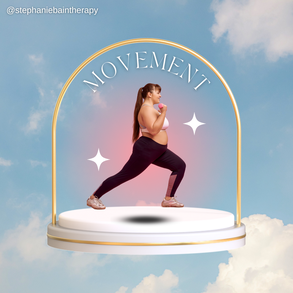 Regular movement (or exercise of whatever) has been demonstrated to:
So says: UCLA, Mayo Clinic, American Psychological Association Ways to increase movement:
Going Outside 🙄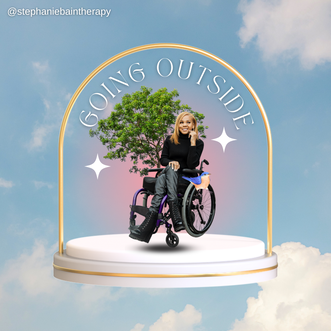 Spending time outdoors has been demonstrated to:
So says: American Psychological Association, Harvard, University of North Carolina Ways to make going outside part of your regular life:
Self-Compassion 🙄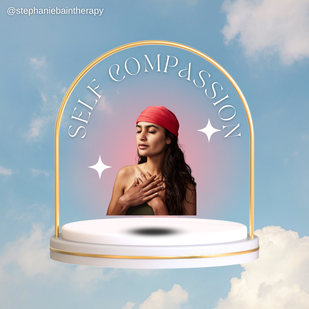 Establishing a regular self-compassion exercise has been found to:
So says: University of Texas at Austin, Stanford, National Institute of Health Ways to increase your self-compassion:
Meditation 🙄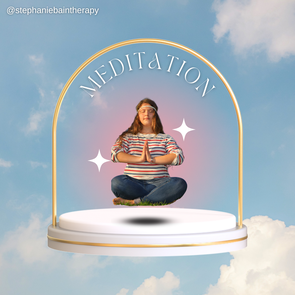 Meditation and mindfulness practices have been demonstrated to:
So says: Harvard, Mayo Clinic, UC Davis, American Psychological Association Ways to increase meditation and mindfulness:
An important note on meditation: Meditation is often misunderstood as sitting silently and achieving a completely clear mind. This will never happen. The goal is not to completely empty your mind or forcefully stop all thoughts. Rather, it's about cultivating a state of focused awareness. This often includes noticing thoughts and coming back to points of concentration, or focusing on your breath, a mantra, bodily sensations, etc. I don't recommend meditation to everyone--at least not right away. For some, their thoughts are so busy or so distressing (if you have had trauma or have OCD, for instance), I recommend starting with mindfulness practices that are more engaging...like a walking meditation practice, mindful eating, or recorded visualizations. Sleep Hygiene 🙄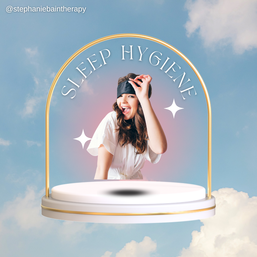 Establishing good sleep hygiene has been demonstrated to:
So says: National Institute of Health, Center for Disease Control, Columbia University, University of Oxford, Harvard, University of Chicago How to improve sleep hygiene:
🙄🙄🙄 Again, none of these things resolve your childhood trauma or relationship problems; they do, however, build your resilience to be able to take care of yourself and start to make the changes you want in your life. Doing these things provides yourself the care you deeply need and deserve. Establishing practices of self-care is also an act of accountability! Taking care of yourself in the way you can helps you show up to your life in the way you want to. Do it for yourself! Do it for the collective! Putting all the annoying things together may look like:
I am cringe, but I am freeeee...A note on privilege! It is a privilege to be able to have the time, resources, quiet, mental/emotional capacity, and safety to be able to make the above happen. It's not super helpful to get these recommendations when you don't have an extra 5 minutes in your day or have a single space that feels safe--but many of us do. Be honest. Do you have what you need to take better care of yourself for you and for your community? What do you have power over? What do you have influence over? Looking from a trauma therapist in Oakland, CA? Learn more here. Looking for a queer couples therapist in Oakland, CA? Learn more here. Therapist Recommendations
0 Comments
Leave a Reply. |
AuthorStephanie Bain, LMFT Archives
April 2024
Categories
All
***Resources are not a substitute for therapy and are not intended for making diagnoses or providing treatment. Not all practices and tools are suitable for every person. Please discuss exercises, practices, and tools with your individual therapist or health care provider.
|
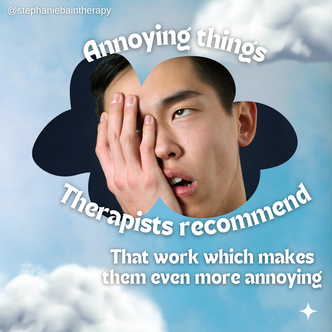

 RSS Feed
RSS Feed